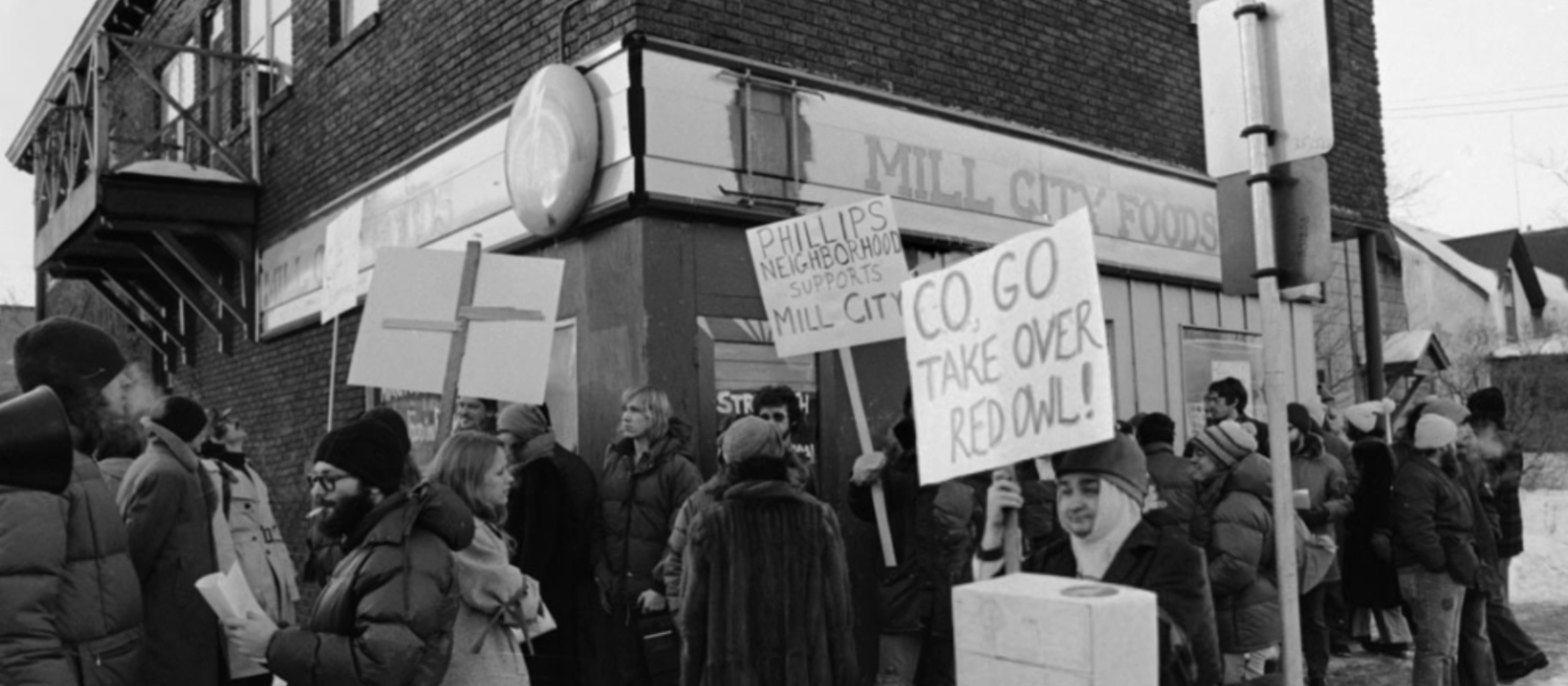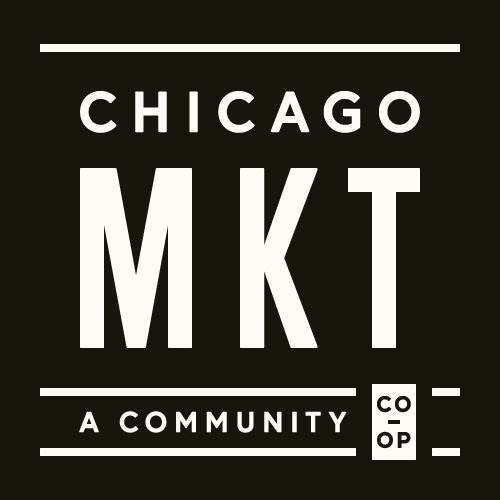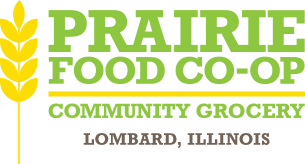
YOUR DONATION GRANTS YOU ACCESS TO VIEW THE FILM AND PARTICIPATE IN THE Q&A
As the Chicago area experiences an unprecedented surge of food co-op organizing, a coalition of established and start-up co-ops have decided to examine a cautionary tale from the nation’s most successful food co-op scene. THE CO-OP WARS is a documentary that tells the story of the tumultuous early years of the natural food co-op movement in the Twin Cities of Minneapolis and St. Paul, when young people radicalized by the Civil Rights movement and the Vietnam War built a thriving alternative economy, only to see it nearly torn apart over conflicting visions of social change. The Chicago-area co-ops seek to use the online screening of the film and subsequent panel discussion to answer the question, “How are we effectively countering the relationship dynamics which led to the Co-op Wars and building solidarity with one another and the broader cooperative movement in the city?”
The hour-long film was directed by Deacon Warner, produced by Erik Esse and narrated by renowned actor Peter Coyote, known for his work on Ken Burns documentaries such as The Vietnam War.
The Twin Cities’ food co-op sector boasts seventeen locations, tens of thousands of member-owners and hundreds of millions of dollars in sales. But this success story had a rocky beginning: Soon after an initial period of explosive growth in the early 1970s, the “Co-op Wars” erupted in the Twin Cities, a heated and sometimes violent conflict initiated by a secretive Marxist group calling itself the Co-op Organization or C.O. The C.O. was able to exploit real divisions in the counterculture community over issues racial and class inclusion, healthy vs. cheap food, and strategies of social change to attempt to subvert the new and imperfect democratic practices of the co-ops. Although unique to its time and place, the story’s conflicts are sure to have resonance for any activist who has sought to make radical change in diverse coalitions.
THE CO-OP WARS tells this story through interviews with an array of participants on all sides of the struggle, delving into the ideological and emotional stakes for these young people determined to change the world by selling food. It also links this story to the more recent controversy around race and gentrification surrounding a successful co-op’s efforts to open a second store in a neighborhood considered a “food desert.”
More info at CoopWars.com
Your Chicago-area food co-ops:




